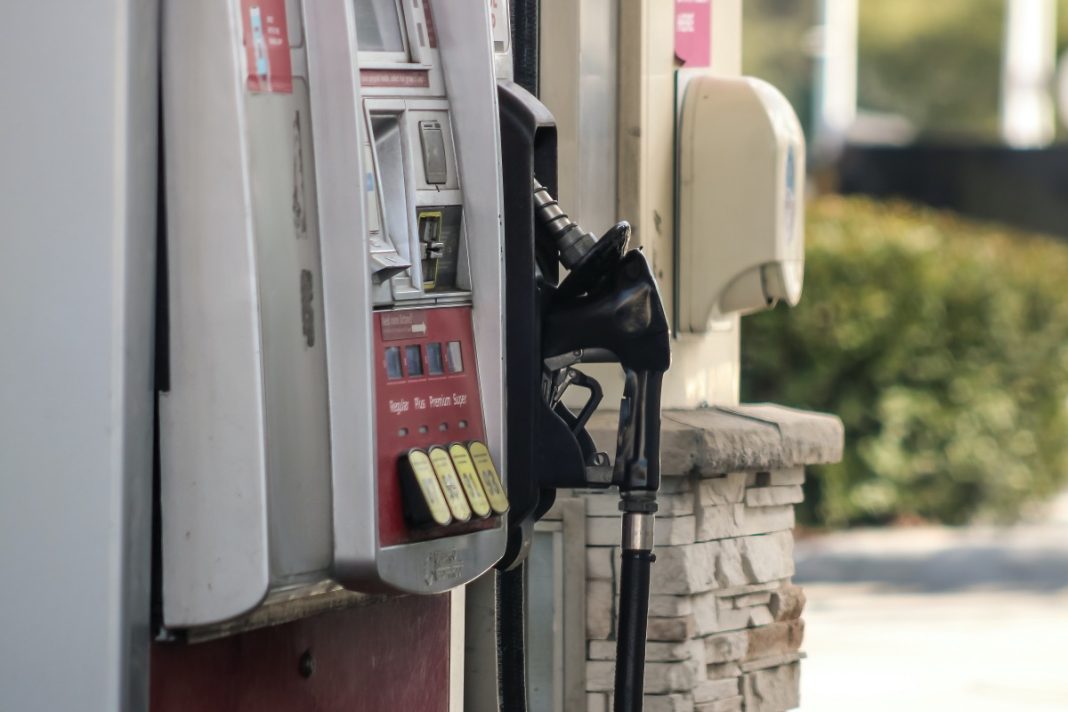ABUJA, Nigeria — The Group Managing Director of the Nigerian National Petroleum Company Limited, NNPCL, Mele Kyari, disclosed on Friday, September 1, 2023, that petrol consumption in Nigeria has decreased by 30% following the removal of the petrol subsidy by President Bola Tinubu.
The announcement came during a press briefing in Abuja, where the Minister of Finance and Coordinating Minister of the Economy, Wale Edun, also spoke.
According to Kyari, the daily fuel demand has declined from 66.7 million litres to approximately 46 million litres, contributing to a 30% reduction in NNPCL’s demand for foreign exchange to import fuel.
“Oil production ramped up to 1.6 million barrels by Wednesday, August 30, 2023, from a very poor position of less than 1 million a few months ago,” he added.
This drop in fuel demand can be viewed from multiple perspectives.
On the one hand, it signifies a positive step towards reducing Nigeria’s dependence on oil imports, potentially resulting in a more balanced trade scenario and a more stable economy in the long run.
However, the decrease also raises concerns about the potential negative impacts on everyday Nigerians, who are now facing increased fuel prices without a subsidy.
The decline in fuel consumption could signify that the cost of petrol has become prohibitive for many Nigerians, affecting their ability to travel and engage in economic activities.
Targeting Domiciliary Accounts
In the same press briefing, Finance Minister Wale Edun revealed that the government under President Tinubu is planning to target funds held in domiciliary accounts within the country, as well as funds held abroad by Nigerians, in a bid to rejuvenate the economy.
While the details of this plan were not elaborated upon, this revelation has sparked debate about the potential impacts on foreign investments and diaspora remittances, which are crucial sources of foreign exchange for Nigeria.
Both announcements come when the Nigerian government grapples with various economic challenges, from inflation to unemployment.
The actions taken by the administration could have long-term ramifications, not just for the oil and gas sector, but also for the country’s financial stability.
While these strategies could provide the government with the means to finance various development projects, they also risk discouraging foreign investments and causing financial hardship for everyday Nigerians.
The effectiveness of these policies will depend largely on how well they are implemented and whether they are accompanied by measures to mitigate their negative impacts.







